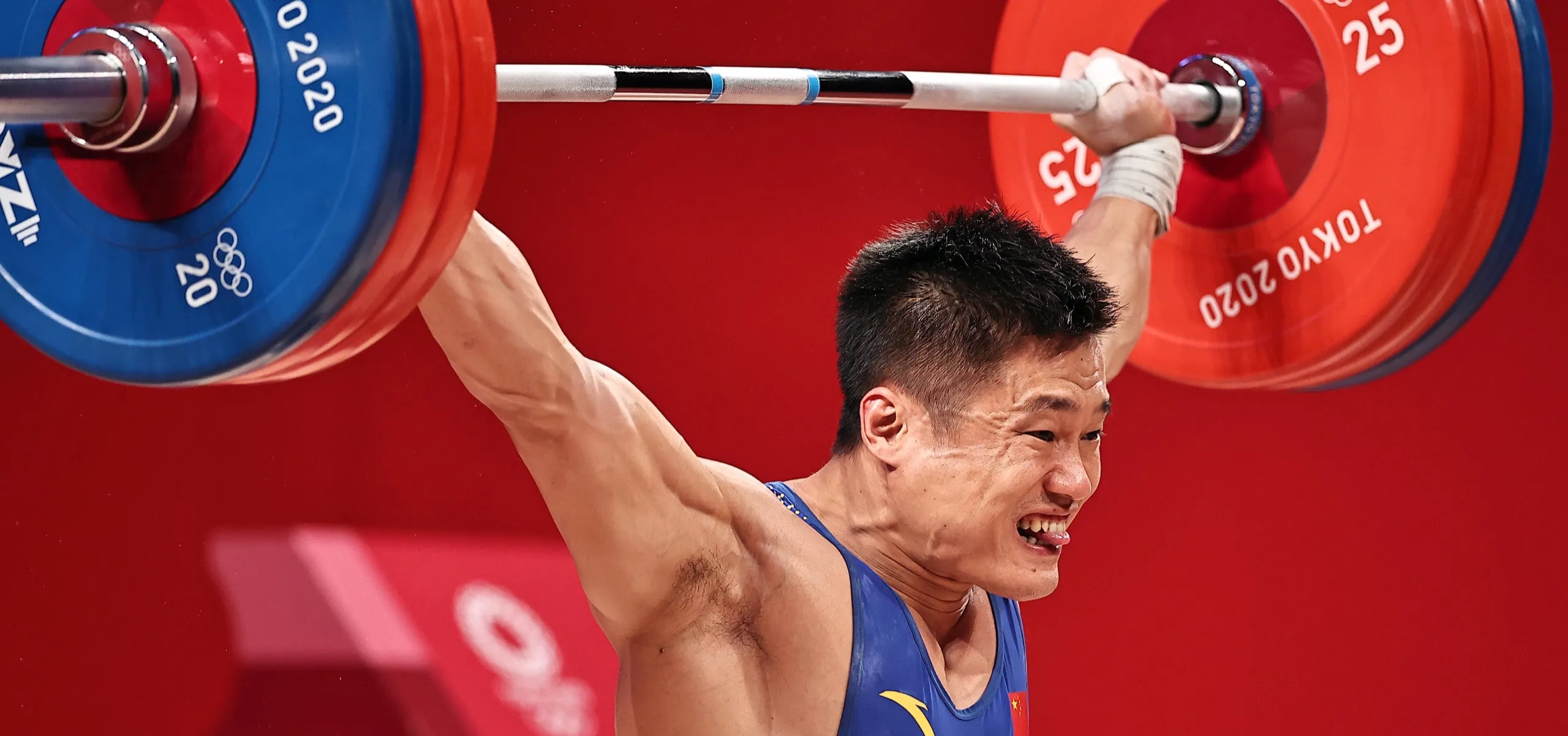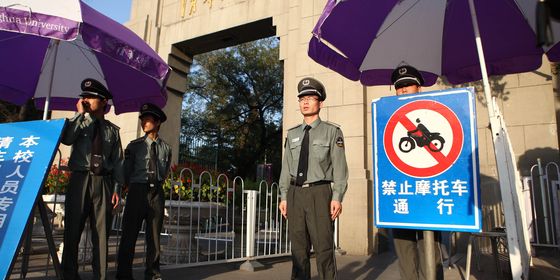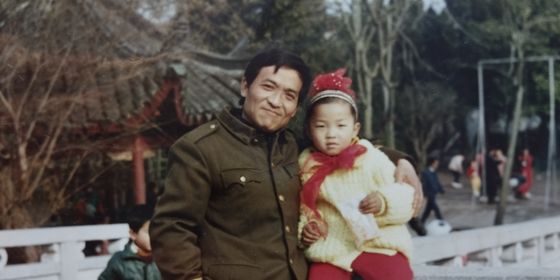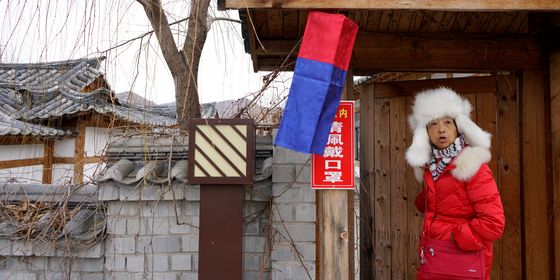Two-time Olympic champion Lü Xiaojun tests positive for banned substance, EV startup blackmailed by hackers, and China stops publishing Covid numbers—plus, our editors’ picks for the top viral news of 2022
Olympic weightlifting champion suspended for positive doping test
Chinese weightlifter Lü Xiaojun, a three-time gold-medalist at the Olympic Games, has been suspended from international competition due to an apparent violation of anti-doping rules. An out-of-competition sample collected from Lü in October showed traces of erythropoietin (EPO), a banned performance enhancing substance that promotes the production of red blood cells. Lü has asserted his innocence to Xinhua News Agency and says he will cooperate with further investigations of his case, in which he has the right to request an analysis of the B-sample. Lü is one of the most decorated weightlifters in the world, and became the oldest weightlifting champion in Olympic history in Tokyo in 2021.
National Health Commission stops publishing daily Covid numbers
China’s National Health Commission (NHC) said on Sunday that it will no longer be publishing data of daily Covid-19 cases. The commission didn’t provide a reason for the change in policy, adding that the Chinese Center for Disease Control and Prevention will still publish relevant pandemic information for reference and research. The NHC had released daily figures on Covid-19 infections since January 2020, during the first coronavirus outbreak in Wuhan. The daily figures had served as authoritative references to the scale of outbreaks, containing details on the number of infections, whether they were confirmed cases or asymptomatic, whether the cases were local infections or imported—and the death toll.
Chinese EV startup blackmailed by hackers
Chinese smart electric vehicle (EV) startup Nio said on Wednesday it was being blackmailed by hackers who have stolen user and vehicle sales data and are asking for 2.25 million US dollars in bitcoin as ransom. The Shanghai-based manufacturer had reported the incident to regulators and will work with the authorities to investigate the matter further.
Various cities work to tackle medicine shortages
Many parts of China are still seeing shortages of fever, cough, and other medicines that can relieve symptoms of Covid-19 as cases of infection continue to rise. Some cities, such as Zhuhai, Guangdong province, have begun opening bulk packages of fever medicine to sell in smaller amounts, as well as putting limits on how much each customer can buy per day. Provinces such as Hubei and Jiangsu report they’ve ordered emergency stock of ibuprofen and other in-demand medications, while many cities have begun distributing medicine, thermometers, and other emergency medical supplies to at-risk demographics for free.
And our picks for the top viral news of 2022...
Three years after the start of the pandemic, Covid-19 again dominated the headlines around the country for most of this year as the highly contagious Omicron variant ripped through previously airtight lockdown measures. The year began with an outbreak of the virus‘s Delta variant in Xi‘an, while Shanghai, China’s biggest city, saw a prolonged lockdown in spring. Currently, with China having pivoted away from its “Zero Covid” policy and lifted most of its containment measures, cases are rising rapidly in all parts of the country.
Other major news from this year included the Beijing 2022 Olympic Winter Games (and the mascots and athletes who went viral), a summer of record-breaking heat waves and forest fires in southern China, a brutal assault of four women dining out in the city of Tangshan that triggered discussions about gender-based violence and gang crime, news of a chained-up woman in Jiangsu province that raised an outcry about human trafficking, and the death of former Chinese president Jiang Zemin in December.
In (somewhat) more lighthearted news, videos of nucleic acid tests for Covid-19 given to fish, shrimp, and crabs in Xianmen, Fujian province, went viral in August, with many netizens asking if mass testing had gone too far. The same month, around 37 million people tuned in to watch the livestream of efforts to capture a pair of carnivorous “monster fish,” the North American alligator gar, that had eluded capture in a park in Henan province for over a month.
During the Shanghai lockdown, American teacher Jacobie Kinsey went viral when he replied “Don‘t eat me” to his neighbor’s joke that they “eat the Black man on the seventh floor” during supply shortages in the city; the phrase was printed on T-shirts and started a conversation about race and xenophobia. Also during the Shanghai lockdown, singer Liu Genghong gained new fame for his livestreams of easy-to-follow exercise routines from his apartment. KFC’s surprise hit “Dancing Psyduck” toy, featuring the Pokémon character bobbing and waving its arms, sold out at the fast food chain’s various locations and was made into various memes. Finally, an inspirational short documentary about a “Second Uncle,” a man in rural China who developed a life-changing disability, but continued to have a thirst for learning and a positive attitude, touched hearts around the country.












